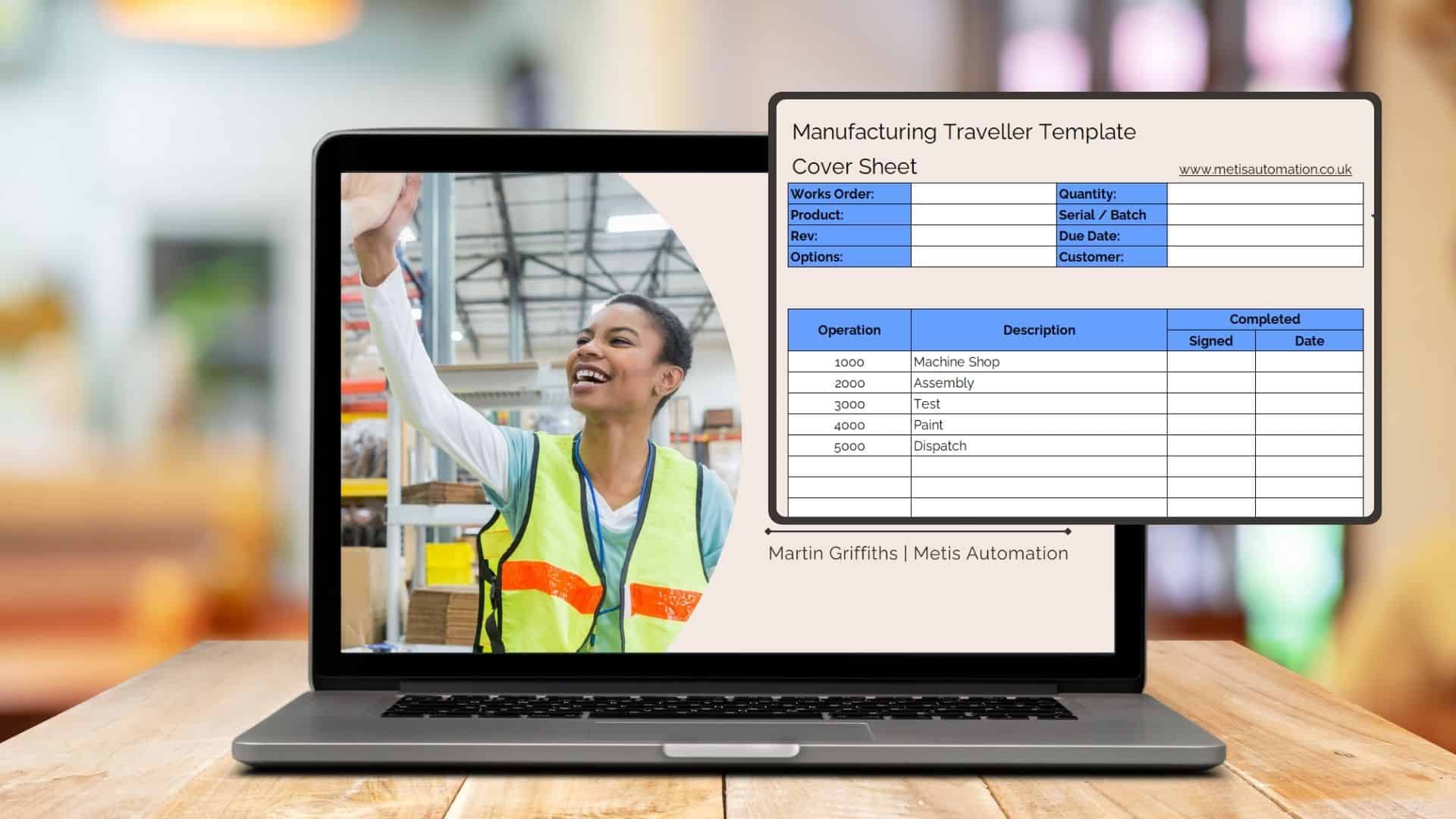Success with Manufacturing Traceability

In today’s competitive manufacturing landscape, ensuring efficiency, product quality, and customer satisfaction is paramount.
Traceability, the ability to track every step of the manufacturing process, plays a crucial role in achieving these goals.
By implementing robust traceability systems, manufacturers can not only enhance operational efficiency but also elevate product quality and boost customer satisfaction.
This article explores how traceability can drive success in these areas.
Boost Traceability
Enhance traceability with our free Digital Transformation Starter Kit. Get tools to monitor production, improve quality control, and ensure compliance.

Enhancing Operational Efficiency
Traceability systems enable manufacturers to identify and eliminate bottlenecks in the production process. By tracking the flow of materials and products through each stage of manufacturing, companies can pinpoint inefficiencies and implement process improvements.
With real-time data on equipment performance and production stages, manufacturers can anticipate maintenance needs and schedule repairs before they lead to costly downtime. This proactive approach minimises disruptions and keeps production lines running smoothly.
Implementing a digital MES can significantly enhance traceability by providing a centralised platform to monitor and control all aspects of production. MES systems integrate with existing machinery and software, offering real-time insights and enabling quick adjustments to maintain optimal efficiency.
Initiate
Operational Excellence
Enhance efficiency and anticipate maintenance needs to keep production running smoothly

Improving Product Quality
Traceability allows manufacturers to track defects back to their source, whether it be a specific batch of raw materials or a particular stage in the production process. This precise tracking helps in quickly addressing quality issues and preventing future occurrences.
Many industries have stringent regulatory requirements for product quality and safety. Traceability ensures that manufacturers can provide detailed records of the production process, demonstrating compliance with industry standards and building trust with regulatory bodies.
By continuously monitoring production parameters and maintaining detailed records, traceability systems support rigorous quality control measures. This results in higher-quality products that meet or exceed customer expectations.

Boosting Customer Satisfaction
Traceability systems provide customers with transparency about the origin and manufacturing process of the products they purchase. This transparency builds trust, as customers can be confident in the quality and safety of the products.
In the event of a product recall, traceability enables manufacturers to quickly identify and isolate affected products, minimising the impact on customers. Efficient recall management protects the brand’s reputation and maintains customer confidence.
With detailed traceability data, manufacturers can offer personalised experiences to their customers. For instance, they can provide information about the specific production batch or customisation options, enhancing the overall customer experience.
Foster
Customer Confidence
Employ our Starter Kit to establish the basis for detailed traceability and capacity planning, setting up for advanced customisation and transparency with Tascus.
Final Thoughts
Traceability is more than just a compliance requirement; it is a strategic tool that can drive significant improvements in efficiency, product quality, and customer satisfaction. By embracing traceability, particularly through the implementation of digital manufacturing execution systems, manufacturers can stay ahead of the competition and foster long-term success. Investing in traceability systems is an investment in the future of manufacturing excellence.
We Help Manufacturers
Make Great Quality Products
Let's talk! Book a 1:1 call with our
CTO to discuss your digital transformation.





